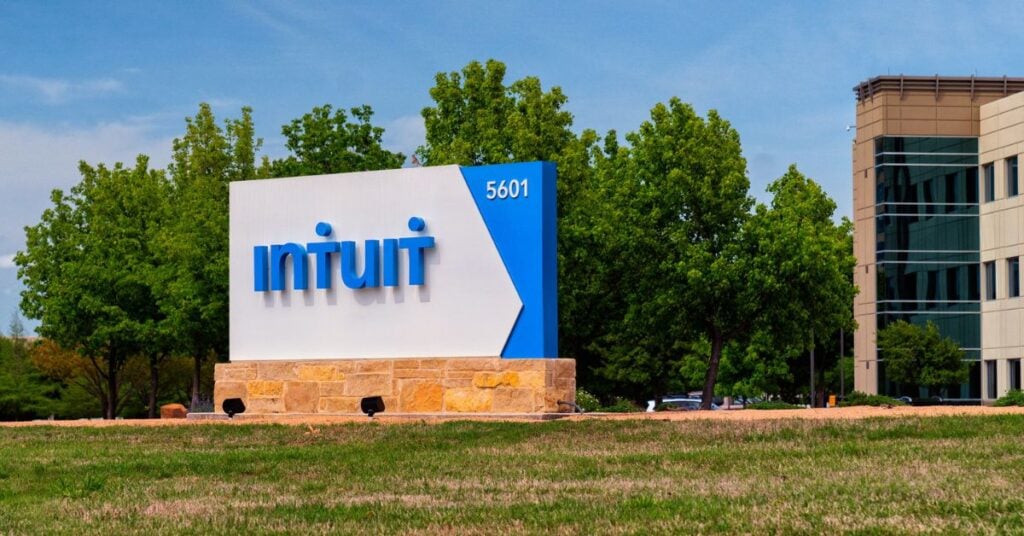The IRS officially announced the end of the popular Direct File program this week, meaning many Americans will once again need to rely on paid tax preparers to file their income tax returns. The move was expected, given heavy lobbying from tax prep companies like Intuit and H&R Block to put a halt to the IRS’s popular program.
Direct File was first launched as a pilot program with funding allocated under the Inflation Reduction Act in 2022. The program allowed taxpayers with relatively simple returns to file online directly with the IRS rather than using private services outside the government.
Intuitively, Direct File made sense. Americans aren’t required to consult with private companies before paying a parking ticket or a fee to enter a national park, handing over their personal information and bank accounts in the process. So why should they have to rely on such services to do something as simple as enter a number from a box on their W-2?
The tax prep industry had billions of dollars at stake, though, and ultimately the corporate lobby won out. The industry made ludicrous claims, such as Intuit warning that Black Americans would be harmed by having an option to file directly with the government. If this wasn’t laughable enough, Intuit also tried to position their TurboTax product as standing up for women.
While their asinine attempts at identity politics failed to gain traction with the public, the tax prep industry took a different line of debate with lawmakers. Their lobbyists claimed that Direct File was too expensive to develop and thus would ultimately hurt taxpayers. This is despite the fact that one tax prep company alone received more in research and development tax breaks than the cost of the entire program.
Despite their efforts in Congress, the program proved to be popular and successful for the taxpayers using it. More than 90 percent of users described their experience as above average or excellent. Three quarters described it as easier than previous filing experiences using other methods.
The program was initially only available in 12 states, but after the success of the first year, more states hopped on. Research found that the program would save Americans billions of dollars annually in time and tax prep fees, and would also provide billions more in tax credits to families who either did not know they were eligible or simply did not file through other methods.
Despite the program being a hallmark of governmental simplicity and efficiency, it became an early target for DOGE cuts. The program was put on hold almost immediately after the Trump administration was sworn in.
The GOP tax and spending law passed over the summer required the IRS to determine whether the public was still interested in the program. The goal was clearly not to determine actual support, as this was already evident in user experience responses. Instead, the intent was to provide some miniscule level of cover for politicians caving to corporate lobbyists’ demands.
In August, the IRS released a public survey with loaded questions meant to drive down public support for the program. For example, if a respondent said they were likely to use a program such as Direct File, they were steered into follow-up questions designed to make the program seem too expensive. The same follow-up questions were not asked for private tax prep options.
This is far from the first time the tax prep industry has dictated how Americans should be able to interact with their government. For decades now, multibillion dollar corporations have lobbied for their role as the middlemen between taxpayers and the IRS.
In the decades prior to Direct File, lobbyists convinced lawmakers and the IRS not to have the IRS develop its own free software as long as the tax prep industry provided free filing to certain eligible taxpayers. Companies then did their best to hide these free services from taxpayers – going so far as adding code to their websites so that the actual free options would be hidden on Google search results and pointing them to paid services instead. Intuit was sued for charging customers who were eligible for free services, and the company eventually settled for $141 million.
It is unfortunate that Americans will no longer have the option to file their taxes online directly with their government. But the success of the short-lived Direct File program can set a precedent for future Congresses and administrations. The ability to work directly with the IRS to file your tax returns rather than through shady corporations is tremendously popular, and it just makes sense.





